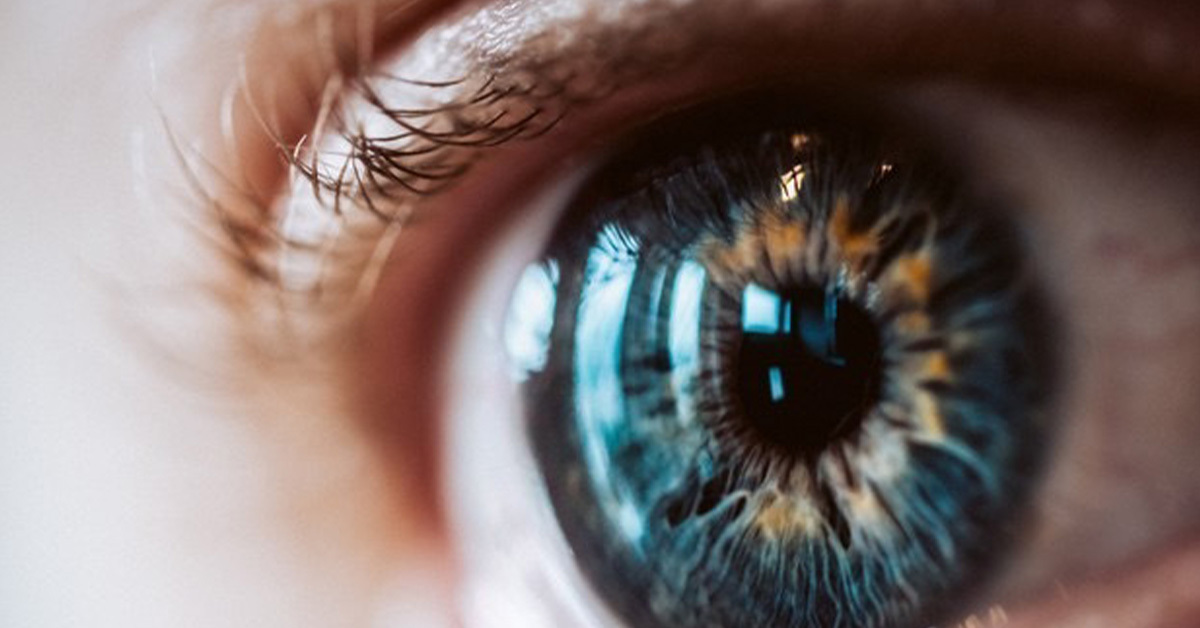Eye floaters are spots in your vision that looks like black or grey specks or strings that drift across the eyes. Eye floater may stand out when you look at something bright, like a white paper or a blue sky. Most eye floaters are caused by age-related changes that occur as the jelly-like substance inside your eyes becomes more liquid. Microscopic fibres within the vitreous tend to clump and can cast tiny shadows on the retina. The shadows you see are called floaters.
Eye floaters commonly appear when you stare at a bright, plain surface, such as the sky, a reflective object, or blank paper. They may be present in only one eye, or they may be in both.
Eye floaters do not usually require treatment, as they do not cause any harm to the sight. However, eye floaters may make it difficult to see in some cases and require removal to restore sight.
How common are eye floaters?
Eye floaters are very common in adults and are a leading symptom that causes people to see an ophthalmologist. Almost everyone has eye floaters by age 70, although some people are much more aware of them than others. It is unusual for children under 16years of age to notice eye floaters unassociated with eye disease.
Causes of eye floaters?
- Age-related – changes to the eye are the most cause of eye floaters; as you age, the jelly-like substance filling your eyeballs and helping them to maintain their round shape, changes over time—the cornea and lens at the front focus light onto the retina at the back of the eye. As the light passes from the front of the eye to the back, it passes through the vitreous humour, a jelly-like substance inside your eyeball. The debris can be caught in the path of the light as it passes through your eye. This will cast shadows on your retina, causing eye floaters.
- Inflammation – Inflammation is another cause of eye floaters which is often caused by infection and this infection causes eye floaters. We also have inflammation in the back of the eye, Posterior uveitis is inflammation in the layers of the uvea in the back of the eyes. This condition can cause the release of inflammatory debris into the vitreous that are seen as floaters.
- Diabetic retinopathy – Diabetes can damage the blood vessels that lead to the retina, when those vessels are damages the retina may not see elucidate the images and light hitting it.
- Hyphema[bleeding in the eye] – Hyphema can have many causes including diabetes, block blood vessels and injury, and hypertension. Blood cells are seen as floaters.
- Torn retina – A torn retina is a serious problem that can lead to eye floaters. A torn retina often leads to a more serious condition called a detached retina. Retina tearing occurs when the retina gets torn or pulled from its normal position at the back of the eye.
- Crystal-like deposits – Deposits that form the vitreous and interfere with light passing from the front of the eye to the back.
Factors that can increase the risk of eye floaters.
- Eye trauma
- Complications from eye surgery
- Eye inflammation
- Nearsightedness
- Age over 50
How to get rid of eye floaters?
Eye floaters do not require any treatment in most cases. but more serve cases can affect your eye health, if eye floaters begin to impair your vision, there are treatments available to remove them.
- Vitrectomy – A vitrectomy is an invasive surgery that can remove eye floaters from your eye. During a vitrectomy, a healthcare professional will surgically remove vitreous gel causing the floater, your doctor will replace the vitreous with a solution to maintain the shape of your eye, your body will then produce more people notice no difference between the vitreous and saline solution after surgery. Though effective, a vitrectomy may not always remove eye floaters, it’s still possible for them to form again, specifically if this procedure causes any bleeding or trauma. This surgery is used for severe symptoms of floaters
- Ignore them – Sometimes the best treatment is nothing at all ., in many cases, eye floaters will fade or disappear on their own, sometimes your brain will learn to ignore them as a result, your vision will begin to adapt, you will no longer notice them as muc,h but the decision is not the best way to get rid of eye floater because the floater may become a nuisance or impair your vision, so it is better to see your doctor before takingit a decision.
- Laser therapy – This procedure isn’t the preferred treatment since is still experimental, this can cause break up and may reduce their presence. Also, if the lasers are aimed incorrectly, you could risk damage to your retina. Discuss your options with your doctor before pursuing this method.
Eye Floaters can be annoying, but they often clear up on their own, make sure to see your eye doctor immediately to ensure you don’t have any underlying severe eye conditions, make sure to discuss treatment with your doctor to avoid damage to your eyes.

